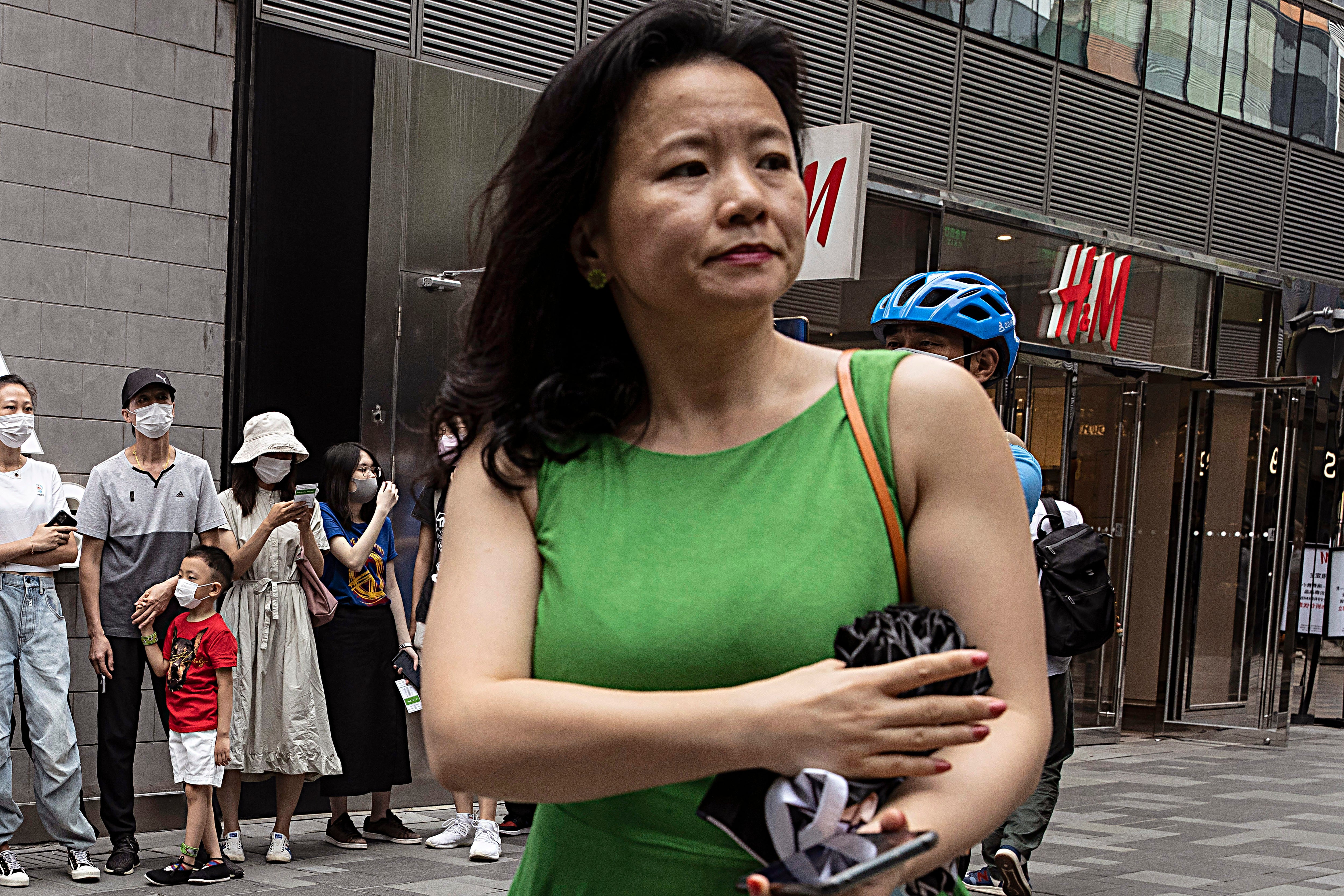Australia chides China over journalist's yearlong detention
The Australian government says it remains seriously concerned about the welfare of a Chinese-born Australian journalist a year after she was first detained in China

Your support helps us to tell the story
From reproductive rights to climate change to Big Tech, The Independent is on the ground when the story is developing. Whether it's investigating the financials of Elon Musk's pro-Trump PAC or producing our latest documentary, 'The A Word', which shines a light on the American women fighting for reproductive rights, we know how important it is to parse out the facts from the messaging.
At such a critical moment in US history, we need reporters on the ground. Your donation allows us to keep sending journalists to speak to both sides of the story.
The Independent is trusted by Americans across the entire political spectrum. And unlike many other quality news outlets, we choose not to lock Americans out of our reporting and analysis with paywalls. We believe quality journalism should be available to everyone, paid for by those who can afford it.
Your support makes all the difference.The Australian government said Friday that it remained seriously concerned about the welfare of a Chinese-born Australian journalist a year after she was first detained in China
Foreign Minister Marise Payne used the first anniversary of Cheng Lei's detention on Aug. 13 to tell China that Australia expected “basic standards of justice, procedural fairness and humane treatment to be met, in accordance with international norms.”
“The Australian government remains seriously concerned about Ms. Cheng’s detention and welfare and has regularly raised these issues at senior levels,” Payne said in a statement.
“We are particularly concerned that one year into her detention, there remains a lack of transparency about the reasons for Ms. Cheng’s detention,” she added.
In February, China formally arrested the 46-year-old journalist for CGTN, the English-language channel of China Central Television, on suspicion of illegally supplying state secrets overseas.
The allegations, which could result a penalty of life in prison or even death, are highly unusual for an employee of a media outlet tightly controlled by China’s ruling Communist Party.
Cheng’s two children, aged 10 and 12, live with their grandmother in the Australian city of Melbourne
The National Press Clubs of the United States and Australia as well as the reporter’s former CGTN colleagues and friends have recently written open letters calling for her immediate release.
“Cheng Lei’s yearlong detention is an assault on journalism and on human rights. Cheng is a single mother of two. Her children have been living with their grandmother in Australia without knowing if they will ever be reunited with their mother,” a U.S. National Press Club statement said.
“China has tried to make Cheng disappear, but the world has not forgotten about her or the several dozen other reporters unjustly jailed in China,” the statement added.
Worsening bilateral relations since Australia called for an independent investigation into the origins of the coronavirus pandemic are suspected by many to be the cause of Cheng’s arrest.
A month before Cheng was detained, Australia warned its citizens of a risk of arbitrary detention in China. China dismissed the warning as disinformation.
Before the last two journalists working for Australian media in China left the country in September, they were questioned by Chinese authorities about Cheng.
Australian Broadcasting Corp. reporter Bill Birtles and The Australian Financial Review’s Michael Smith were told they were “persons of interest” in an investigation into Cheng.
Australia has criticized China for charging Chinese Australian spy novelist Yang Hengjun with espionage. He has been detained since January 2019.
Australian Karm Gilespie was sentenced to death in China last year, seven years after he was arrested and charged with attempting to board an international flight with more than 7.5 kilograms (16.5 pounds) of methamphetamine. Some observers suspect that such a severe sentence so long after the crime was related to the bilateral rift.
Cheng was an anchor for CGTN’s BizAsia program. She was born in China and worked in finance in Australia before returning to China and starting a career in journalism with CCTV in Beijing in 2003.